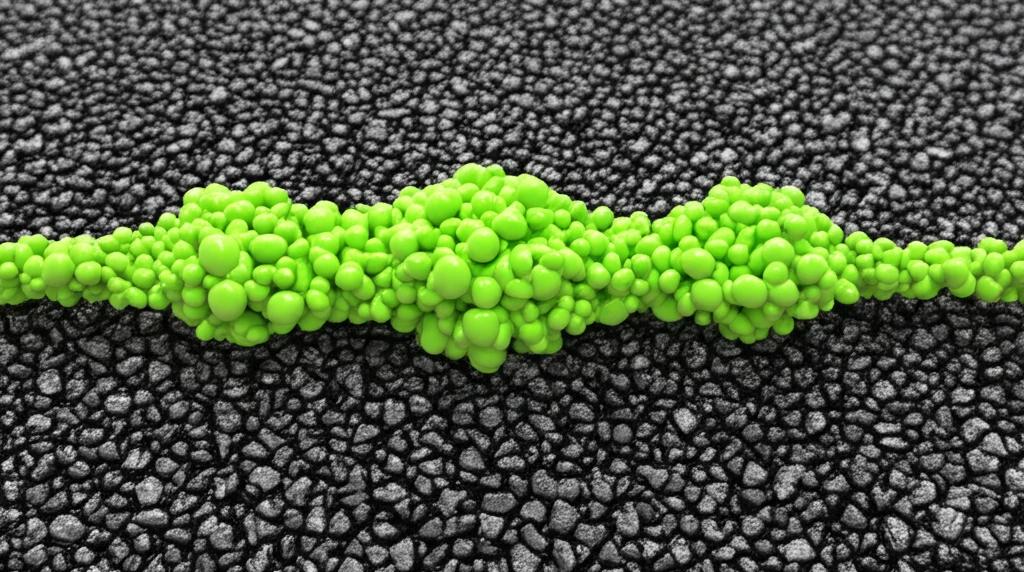
Roads That Last: How Lime Can Improve Asphalt Concrete in Iraq
"Discover the innovative methods of using lime to create stronger, more durable roads that can withstand the test of time and traffic."
Across Iraq, significant investments are being made to upgrade the national road network. This is driven by the country's economic growth and the need for reliable transportation, especially in rural areas. However, Iraq faces tough environmental conditions such as climate, heavy traffic, and the characteristics of asphalt that causes roads to fall apart quickly. This can cause failures and leads to safety concerns.
To combat these challenges, researchers have been exploring ways to strengthen asphalt concrete, the main material used in road construction. One promising solution involves incorporating hydrated lime, a readily available and cost-effective material. Hydrated lime has shown in the past that it can improve the resistance of asphalt to rutting and cracking as well as moisture sensitivity. Lime increases the life of the roads saving time and money.
This article dives into a study comparing different methods of adding lime to asphalt concrete mixtures. The main goal is to determine the best approach for creating roads that are more durable, safer, and can withstand Iraq's environmental conditions.
Why Lime?

When hydrated lime is added to asphalt concrete, a few key things happen at the molecular level. First, some of the lime reacts with certain components in the asphalt to form insoluble salts. This is important because otherwise, these molecules can react with water to form soaps that weaken the asphalt.
- Increased Stiffness and Toughness:The mix becomes more resistant to deformation and cracking.
- Improved Binder Properties:The lime enhances the asphalt binder's film thickness and viscosity, leading to better cohesion and adhesion between the aggregate and binder.
- Enhanced Filler Action: Larger lime particles act as filler, increasing the mixture's strength and resistance to stress.
Building a Lasting Future
By using hydrated lime, Iraq can create roads that last longer, require less maintenance, and provide safer transportation for its citizens. As Iraq continues to develop its infrastructure, these sustainable and cost-effective approaches will play a vital role in its progress.
